Spotlight
A selection of resources from across the Federation

HIV Theory of Change
Our HIV Theory of Change is to clarify the goals and vision of IPPF’s HIV programme and to articulate the different pathways and strategies IPPF uses to contribute towards its HIV goals and vision.
Filter our resources by:

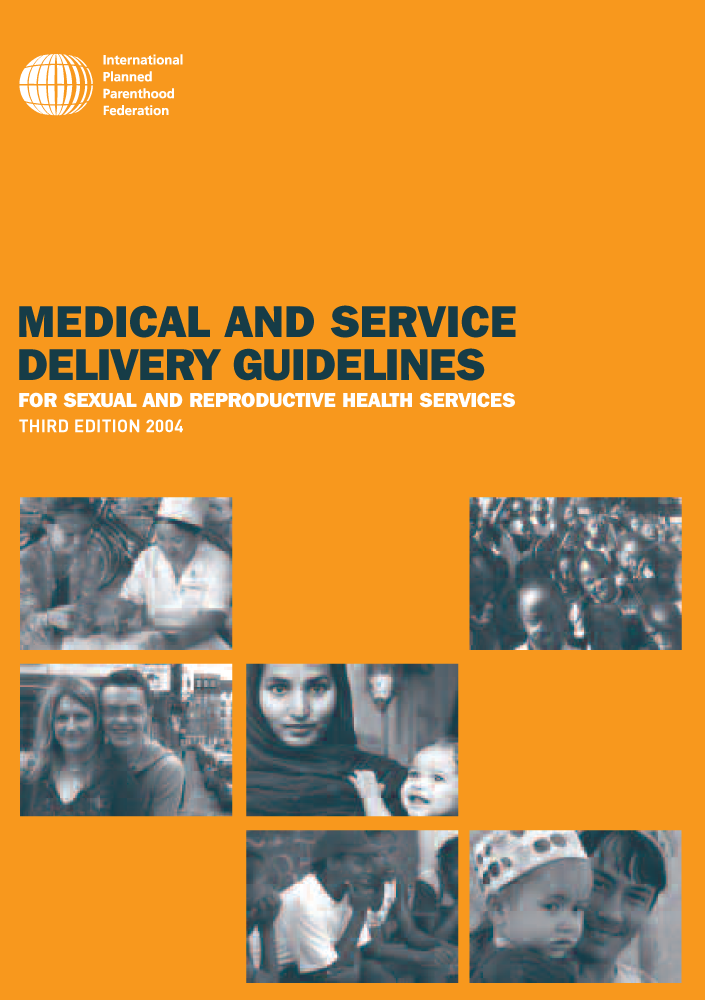
| 06 June 2012
Medical and Service Delivery Guidelines
IPPF guidelines for practitioners on delivering sexual and reproductive health services.
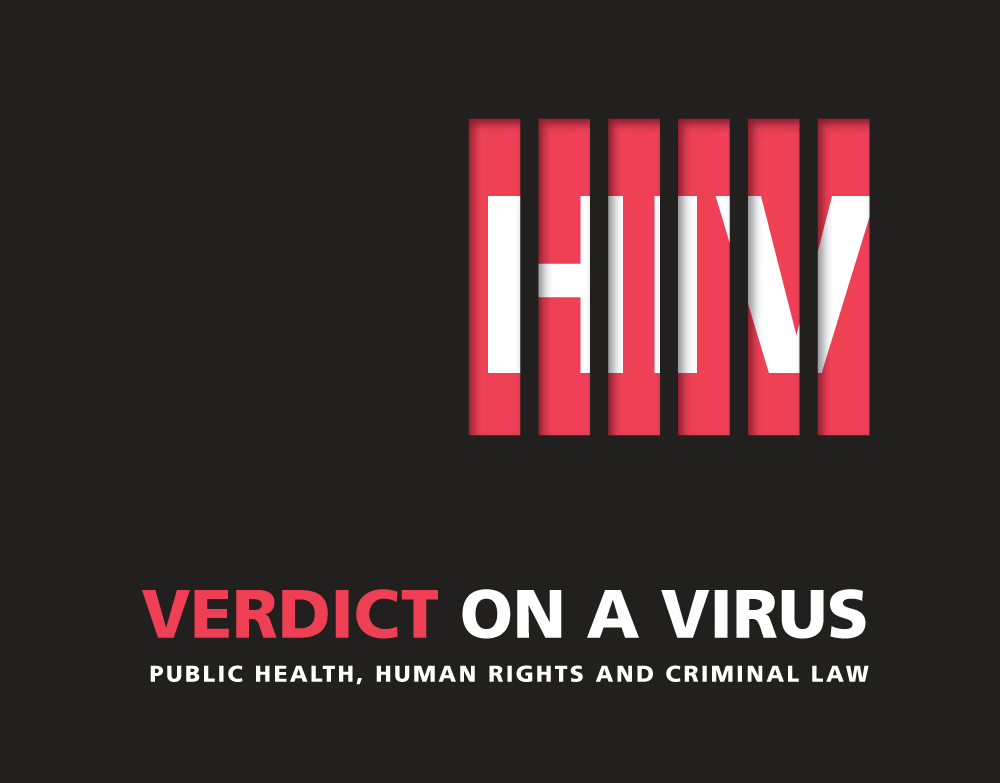
| 06 June 2012
Verdict on a Virus: Public health, human rights and criminal law
Verdict on a Virus is based on the voices of leading legal and judicial experts, UN advisors and people living with HIV. It provides examples from around the world which strengthen our understanding of the criminalization of HIV transmission and exposure.
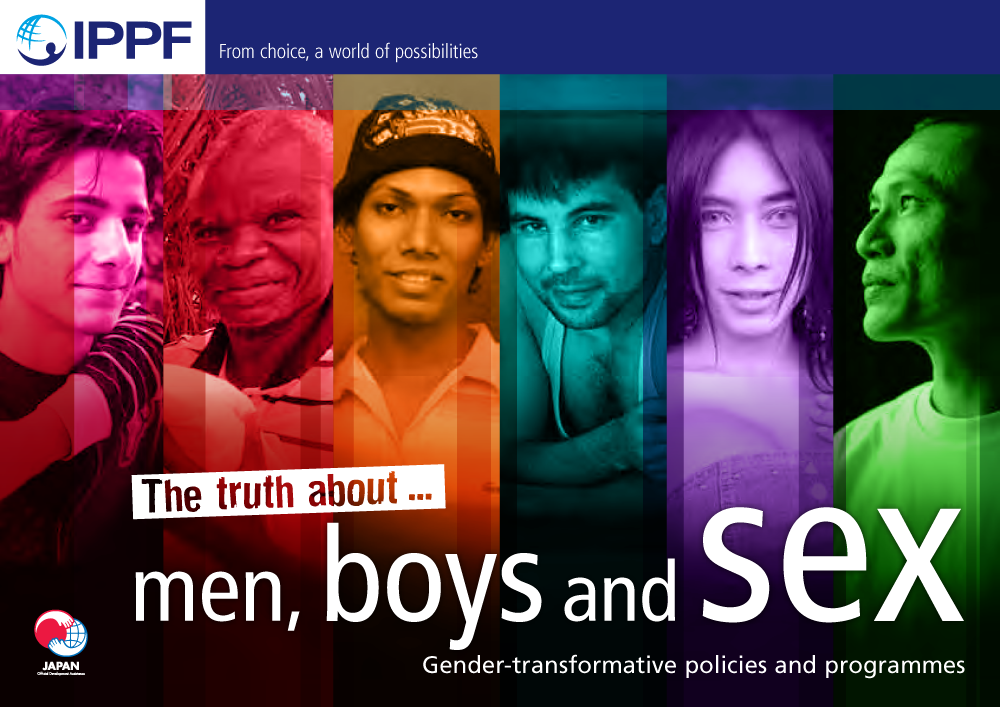
| 06 June 2012
The Truth About Men, Boys and Sex: A gender-transformative guide
Over the last 25 years, much has been learned about HIV – its properties, its management and its tendency towards the path of least resistance in communities already facing poverty and prejudice. Globally, that line runs through some of the world’s least powerful communities: the poorest, most disadvantaged, stigmatized and under-developed groups, whose members carry an increasingly disproportionate share of the world’s HIV burden. In many countries, young women are three times more likely to be HIV positive than young men while in other regions of the world men are at the forefront of the epidemic. With this dynamic nature of HIV, it is imperative that every response is characterized by its ability to be increasingly relevant and meaningful. However, irrespective of the country or region, approaches that actively seek to transform gender norms and inequality need to find a stronger foundation in the work of sexual and reproductive health and HIV programmes. The essence of these programmes must empower young women and girls and provide supportive legislative frameworks. But concurrently they should ensure that men and boys – with different behaviours and sexual orientations – can find the avenues to transform their lives as individuals, partners, husbands, fathers, sons and brothers. Sexual Rights; An IPPF Declaration underlines this approach and identifies the rights of everyone to sexual autonomy, non-discrimination and choice. The IPPF Japan Trust Fund for HIV/AIDS was established in 2000 to strengthen and build the capacity of IPPF Member Associations and enable them to carry out effective, innovative and comprehensive HIV programmes. A key part of their distinctive nature is that they are based on the specific needs of individual countries and localities. As a key signatory to The Code of Good Practice for NGOs Responding to HIV/AIDS, IPPF promotes this needs and rights-based approach that has linked HIV and sexual and reproductive health and rights responses and has focused on the realities of people’s lives – the lives of men and women who are particularly vulnerable to or at risk of HIV. This publication illustrates what IPPF and its Member Associations have achieved through their energetic activities. This unique combination of case studies and interviews from six countries in Africa, Asia and Latin America – with the opinion pieces penned by experts in their field – serves as a reminder that progress on the rights of women and girls is intimately linked to ensuring that men and boys are equal partners in this dialogue. The truth about safeguarding the sexual and reproductive health of women and girls necessitates that men and boys are actively encouraged to protect their own health.
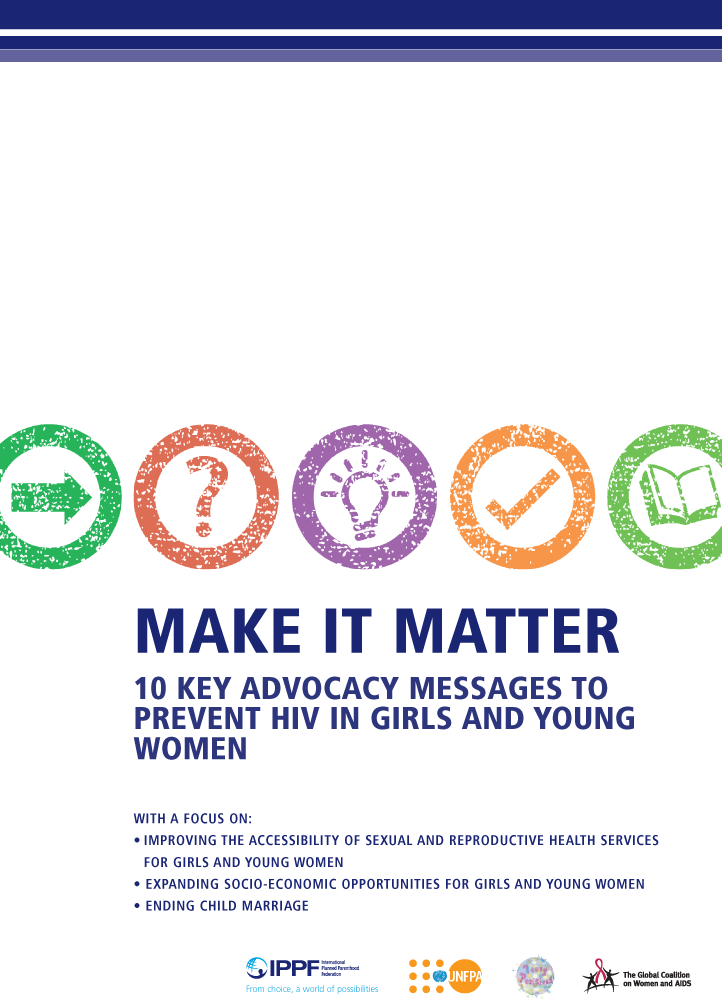
| 06 June 2012
Make it Matter: 10 key advocacy messages to prevent HIV in girls and young women
This advocacy guide focuses on 3 goals that evidence shows to be part of an effective response to HIV prevention for girls and young women. These goals are: improving the accessibility of sexual and reproductive health services; expanding socio-economic opportunities; and ending child marriage.
| 06 June 2012
A Window into a World: HIV risk and vulnerability
The photographs in this journal are educational and enlightening, explicit and enigmatic, moving and disturbing, beautiful and optimistic. This glimpse into a handful of lives paints a picture of life, love, learning and living with HIV. They provide a window into a world that is often neglected or hidden from our sight. A world of men and women who are particularly vulnerable to or at risk of HIV.
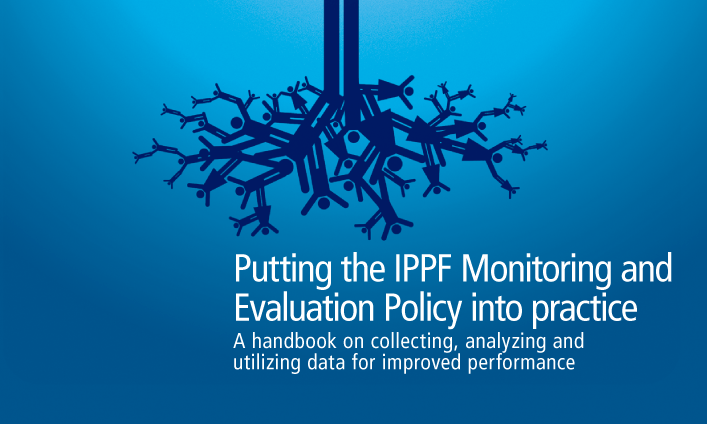
| 29 May 2012
Putting the IPPF Monitoring and Evaluation Policy into Practice: A handbook















